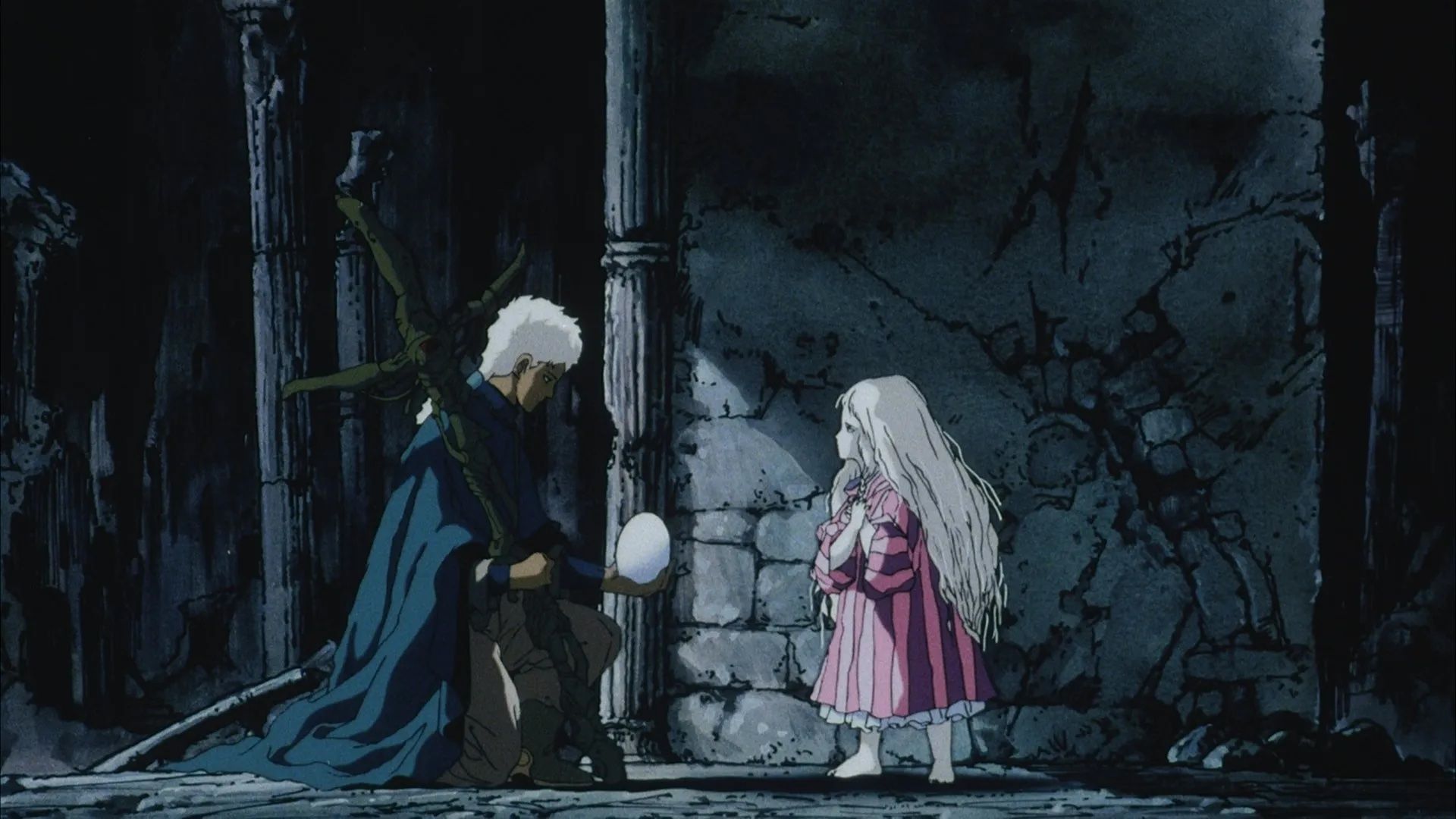For this year’s Edinburgh Fringe Festival, the Traverse Theatre has, as usual, put together a line-up of Scottish plays and others from the rest of the UK, Ireland and around the world. As the programme note indicates, the plays explore “global issues, from radicalisation to climate change, to the incredibly personal experiences of loved ones with dementia and dysfunctional family dynamics.”
Let’s start with a solo show, A Gambler’s Guide to Dying, by one of Scotland’s finest theatrical storytellers, Gary McNair, a very personal story about this author- performer’s grandfather which touches on much broader philosophical and existential themes. Written in 2015, the play won a Fringe First award and went on to tour to many parts of the world. Here is a remarkably successful playwright, whose seven Fringe shows have been sell-outs, earning him four Fringe First awards.

A Gambler’s Guide to Dying. Image by Mihaela Bodlovic. Edinburgh Fringe Festival 2025.
On the tenth anniversary of A Gambler’s Guide to Dying, the work returns to the Traverse Theatre, directed by Gareth Nicholls. The studio theatre at Traverse Two is cluttered with a couple of battered suitcases, some 1950s table lamps and cardboard boxes full of junk, evoking the period when the story starts. It’s 1966, the year when England won the World Cup, a victory which ignited the centuries-old rivalry between Scotland and England. Gary McNair enters the stage, dressed casually in a well-worn sweater and pants, exuding vitality and warmth. He begins by drawing our attention to the act of storytelling. For him, his grandfather, Archie Campbell, was a great man and his hero. However, he was also a compulsive gambler, who spent his life ‘chasing a thrill’, a liar, who was devious at times. Which side of the man should he tell us about? How much of what Archie told him is true? After this preamble, McNair deftly plunges us into an episode in a pub in the Gorbals, a working-class area of Glasgow, when Archie was beaten up for placing an accumulator bet that England would win the World Cup. McNair re-enacts the fight, skilfully reproducing the aggressive body language and strong language of these working-class men. Then comes the climax. Archie manages to escape his assailants, after which he swiftly pulls a betting slip out of his shoe and gleefully sprints down to the local bookies to retrieve his winnings. As McNair comments on Archie’s compulsive betting, he opens the suitcases, flooding the stage with crumpled betting slips, so creating a powerful stage picture of the man’s obsession. Throughout the play, McNair switches between three roles – the Narrator, Archie and his (McNair’s) younger self. Thanks to a dialogue between grandfather and grandson, the performer charts the evolution of their relationship, as the grandson moves from childhood, adolescence to adulthood when he becomes more acutely aware of his granddad’s contradictions. The play concludes with the period preceding Archie’s death from pancreatic cancer. Having been given a month to live, Archie immediately decides to bet on the doctors’ prognosis. He will live longer! He wins his first bet and several successive bets since he survives for another fourteen months, giving him a catalogue of thrills. His final gamble, worth a couple of million pounds, bets that he will live to see in the new Millennium. Sadly, he is pipped at the post since he dies on New Year’s Eve in 1999.


A Gambler’s Guide to Dying. Image by Mihaela Bodlovic. Edinburgh Fringe Festival 2025.
While A Gambler’s Guide to Dying charts the life of this working-class man in Glasgow in the second part of the 20th century, it also offers a snapshot of working- class life in general in the UK, where gambling was, and still is, an integral part of daily life for many people. The play also includes quieter moments, when McNair, lying on the stage and contemplating the stars, mulls over philosophical and existential issues, concerning chance and probability – “there is no such thing as guaranteed bet” – and the existence or not of fate. The show and Gary McNair’s superbly nuanced performance were warmly received by an enthusiastic festival audience.
This post was written by the author in their personal capacity.The opinions expressed in this article are the author’s own and do not reflect the view of The Theatre Times, their staff or collaborators.
This post was written by Margaret Rose.
The views expressed here belong to the author and do not necessarily reflect our views and opinions.
















